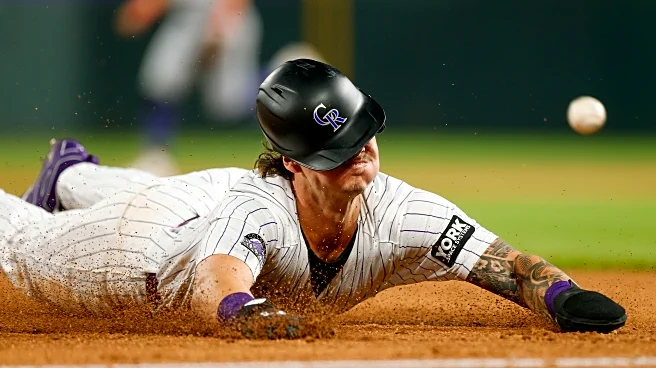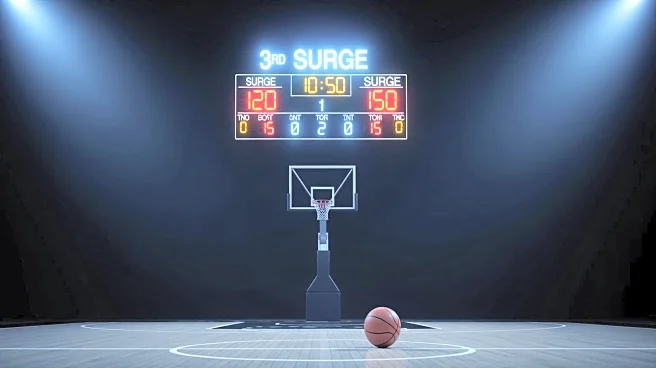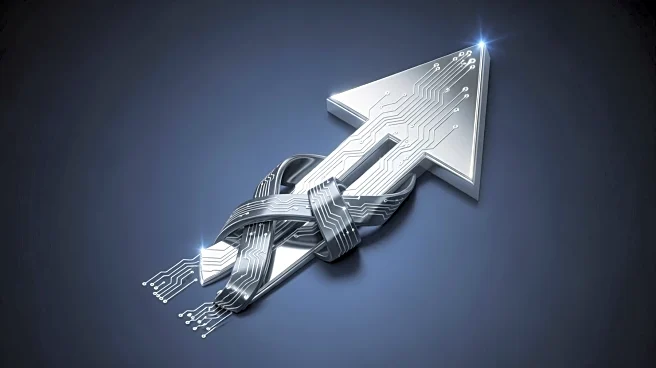Just to be clear, last night’s Colorado Rockies walk-off of the Los Angeles Dodgers was glorious.
Seriously, it would have been great under any conditions, but given how bad the Rockies have been in 2025,
it was doubly so.
But after cleaning up the spilled Gatorade and tossed sunflower seeds, it’s important to maintain perspective.
Although the Rockies have improved over the course of the season, this is still not a good baseball team, a point underscored by their 36-89 record.
It’s worth taking a minute to celebrate the improvements.
In the first half, they went 22-74, a .229 winning percentage; in the second half, the Rockies have a 14-15 record with a .444 winning percentage. If nothing else, they’re trending in the right direction, and the mantle of “Worst Record in the Modern Era” seems safe with the 2024 Chicago White Sox in the near term.
Consider some of the positives.
They have gotten better at coming from behind to win. For example, in Saturday’s win against the Arizona Diamondbacks, the Rockies managed their fourth five-run comeback win of the season. Their four comeback wins after trailing by five-plus runs are the most in the Majors. That’s impressive, and speaks to the team’s resilience.
Certainly, watching Rockies baseball has been more entertaining for fans. Look, winning is fun! These are young players getting their first shot at the big leagues, and watching them improve is pretty amazing.
On a personal note, I really like these players, and I want them to do well.
But don’t get distracted: The Rockies may not set a new record for worst team in the Modern Era, but this is still not a good team, a point illustrated by any number of metrics.
Just two weeks ago, the Rockies suffered a Coors Field smackdown at the hands of the Toronto Blue Jays. That series is more representative of the Rockies 2025 season.
They still have the worst run differential in MLB at -327. (Next-closest are the Washington Nationals at -151.) And for those keeping track at home, the worst negative run differential since 1900 is -349, a total racked up by the 1932 Red Sox, a team that went 43-111. Although the Rockies may not claim the worst record in the Modern Era, the negative run differential mantel remains very much in play.
There are other categories in which the Rockies ranked worst in the majors.
For example, the Rockies offense is worth -1.8 fWAR. The next closest team? The White Sox and Pirates (3.5 fWAR). They’re last in wRC+ (79), last in OBP (.297) — you get the idea. The Rockies starting rotation has the lowest fWAR (2.2), and the lowest K/9 (5.96). They are tied for the highest HR/9 (1.63), and the highest ERA (6.58). Earlier this week, Evan Lang detailed some of the issues plaguing the Rockies’ defensive numbers.
Can some of the rotation’s issues be linked to injuries and the Coors Field effect? Absolutely. Has the bullpen been solid? It absolutely has.
But the point here is to provide a reminder that while this is an improved team, it is still not a good one. Moreover, the underlying problems have not been addressed that have the Rockies headed for their third consecutive 100-loss season and their seventh season finishing below .500.
They may not set the record for losses, but failing to meet that benchmark is not an indicator of success.
The organization must continue to build on these changes — not assume that the problems have been addressed because of a few wins — by making systemic changes. It’s important not to lose sight of that while watching an improved (and, admittedly more fun!) Rockies team.
Here are a few of the questions the Rockies will need to answer as they build on the momentum of this young team.
What will happen in the front office?
A number of writers, including some of those here at Purple Row, have urged bringing in an external evaluator. Will that happen? Will the Rockies hire a president of baseball operations from outside the organization? Will Bill Schmidt continue as general manager?
The answers to these key questions that will set the tone going forward.
Will Warren Schaeffer become the permanent manager?
For me, this is a difficult question. Schaeffer was dropped into an impossible situation: The ship had just left port and was on fire. Schaeffer was charged with not only putting out the fire but also getting the vessel to its destination.
To his credit, Schaeffer has handled the job before him with skill and good humor. Every player in the Rockies clubhouse praises the interim manager’s exceptional communication abilities, and in each media availability, his commitment to the players and their improvement is clear. That the Rockies are playing better baseball in the second half is a testament to his leadership.

Schaeffer was the ideal hire for this team at this moment. The 2025 Rockies are suddenly a young team with inexperienced players learning to be big leaguers. Schaeffer’s time as a minor-league coach, and, indeed, his general approach to the game, have met the moment.
However, whether he should continue is a separate question and one that cannot be answered until Dick Monfort makes clear the Rockies’ path going forward.
Will the Rockies invest the resources in becoming competitive?
This is another question tied to organizational direction, but the Rockies need to use analytics better, they need more coaching and effective player development, and they just need to start playing baseball in a way that makes them competitive with other MLB teams.
Will the Monforts make those investments?
Closing thoughts
I don’t want to be the wet blanket here because the 2025 Colorado Rockies — both the players and the coaching staff — have done the best they could with what they’ve been given to work with.
They faced some grim times but sallied through it with, generally, good humor. Plus, these young Rockies are very fun. Their resilience in the face of, well, everything has been remarkable.
But we are fast reaching the time of the season for cold, hard assessment. Don’t let an improved team and some fun wins detract from the task at hand: The Colorado Rockies still need a complete overhaul.
After all, the Rockies did not get where they are because of former manager Bud Black. Certainly, he’s had to “wear” the failures of 2025, but the problems are systemic, not limited to a couple of coaches.
To move forward, the Rockies will need to bring in outside perspectives and spend money strategically.
Look, the Milwaukee Brewers, a mid-market team, have been making things work for years on a budget, so it can done. But the Rockies need to bring together a front office and vision to make winning happen at 20th and Blake.
Right now, the organization remains a five-alarm fire. How Dick Monfort will address these problemss is the key question going forward.
This week on the internet
Okay, that Sunday game with the D-backs is very much worth revisiting.
The kids, they are very fun!
Farmer embraces role as Rockies elder statesman | MLB.com
Thomas Harding spoke with Kyle Farmer about his leadership role in a Rockies clubhouse that is trending increasingly younger.
Why it makes sense to give Clint Hurdle another shot as Rockies manager | Denver Gazette ($)
Surprising no one, Mark Kiszla has strong feelings about the Rockies future manager.
Weird stuff happens in Fresno with Jeff Passan | Rosters to Rings Podcast
Last week, I stumbled onto this podcast series hosted by former MLB GM Thad Levine and former NBA GM Ryan McDonough. This podcast is designed to “pull back the curtain on professional sports front offices.” I recommend this episode for a couple of reasons. First, Passan is always a terrific interview. Second, Levine’s name keeps coming up as a possible future front office person for the Rockies, and this provides a nice venue for getting a sense of how he operates. I’ll say this: He gives longer a more substantive answers to questions. (Run a search for your preferred podcast provider.)
Please keep in mind our Purple Row Community Guidelines when you’re commenting. Thanks!









